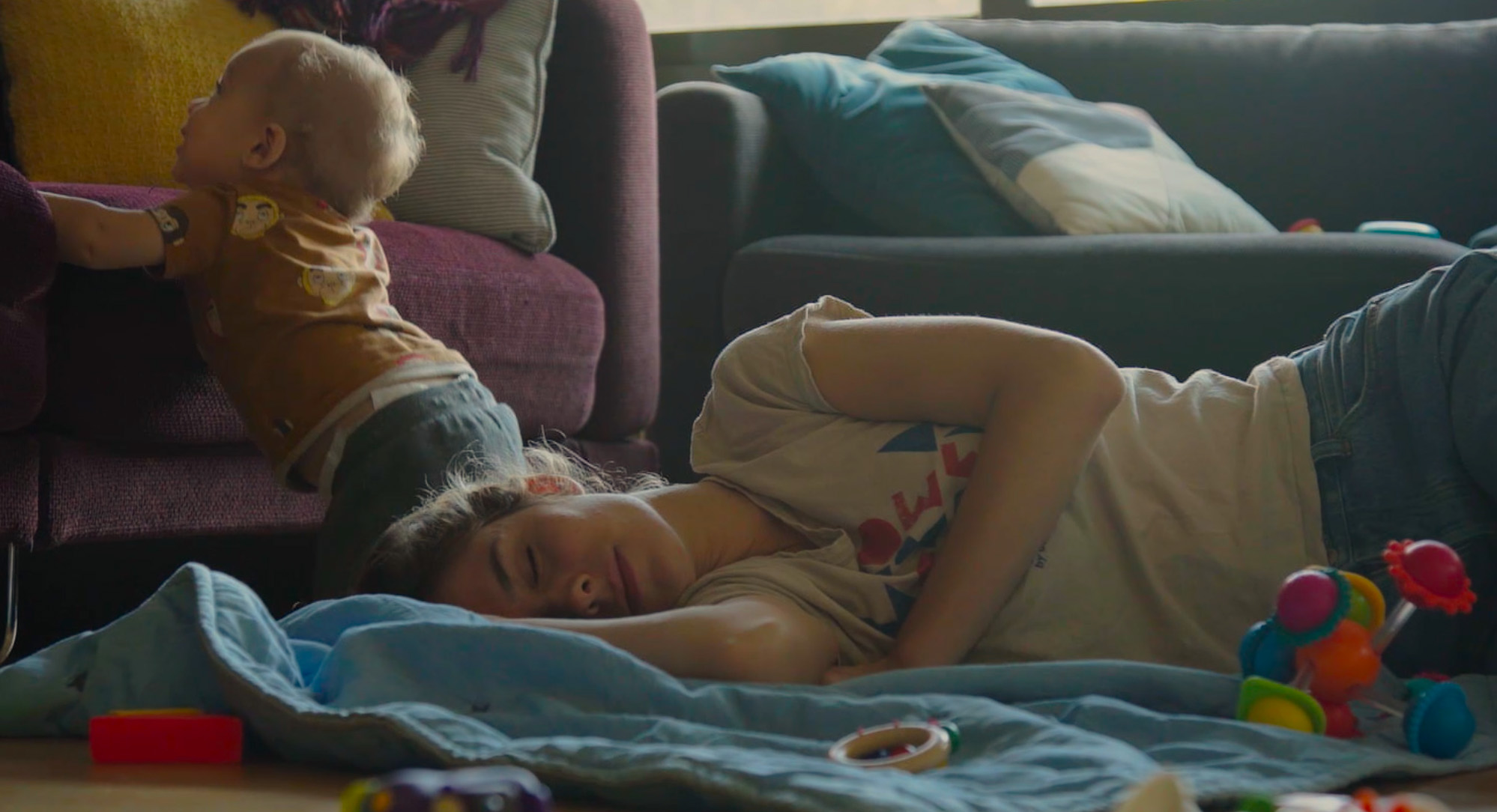Sayaka Joins Encanta for Alauda Ruíz de Azua’s ‘Five Little Wolves’ (EXCLUSIVE)
By John Hopewell
LOS ANGELES (Variety.com) – MADRID — Producer of Academy Award nominated “7.35 in the Morning” and “One Two Many” and then signature features by Nacho Vigalondo, Borja Cobeaga and Koldo Serra, Basque cinema driving force Sayaka Producciones has boarded Alauda Ruíz de Azúa’s “Five Little Wolves” as a producer.
ETB, the Basque Country’s public broadcaster, is also backing the project, pre-buying rights in March 2020.
Sayaka joins Madrid-based Encanta Films, producer of “The Wound,” a San Sebastian Special Jury Prize and best actress winner, on one of the most awaited of Spanish feature debuts, and also one of five projects selected from more than 200 submissions for the ECAM Madrid Film School’s second edition in 2019 of its Screen Incubator.
A leading Spanish development initiative, the Incubator is supported by Netflix (whose Juan Mayne was on the selection jury, along with Cobeaga), Movistar Plus, TVE and Atresmedia which all sent representatives to talk to the producers and directors.
“Five Little Wolves” also won the first prize for best project at the 2018 Ventana de Cine Madrileño international co-production forum.
Mentors at the Incubator, Spanish producers Marisa Fernández Armenteros (“A Perfect Day”) and Sandra Hermida (“The Impossible”) also remain associated with the project.
Founded in 2005 by producer Nahikari Ipiña (an Incubator mentor, along with Cobeaga), Cobeaga, Borja Crespo, Serra and and Vigalondo, Sayaka will co-produce “Five Little Wolves” along with lead producer Encanta Films, launched by Manuel Calvo, which has produced all of ECAM alum Ruiz de Azúa’s four shorts. Of these “Dicen” (“They Say”), which became the biggest award-winning Spanish short film of the year and her latest short, “Nena,” which was selected at more than 90 festivals and picked up seven awards.
Written by Ruiz de Azua after her first year as a mother, which she describes as “terrible. magic, boring and mad,” “Five Little Wolves” turns on Amaia, a recent mother in a big Spanish city whose partner is away for weeks on end. Overwhelmed, she decides to return to her parents house in a picturesque village on Spain’s northern Basque coast so that they can look after her. But her mother falls ill: Amaia ends up taking care of her and looking after the house, living a life similar to the one her mother lived at her age.
Amaia has always loved her mother. Now she begins to understand her and the life choices she made in a coming of age tale where she gains maturity not from leaving home but by her return.
“When we began the project, we realized that we would need a Basque partner. probably about 70%-80% of the shoot will take place there, the director is Basque and the film has a lot of Basque elements,” said “Five Little Wolves” producer Manuel Calvo.
Sayaka, he added, is one of the top producers in the Basque Country. Nahikari has an impeccable track record, her partners huge talent as directors.
“I’ve been following Alauda’s enormous work for years and I’m now so excited to be participating in her feature debut ‘Five Little Wolves,” said Ipiña.
“Amaia’s own motherhood allows us to talk about an inter-generational relationship between Amaia, who’s just over 30 and her mother, a housewife who’s lived in a completely different world, focused on the family, sacrificed her personal dreams, and become a more distant future for her daughter,” Calvo said.
He added: “I had just become a father when I read the first screenplay and I understood perfectly how parenthood can make you change how you see the world. The story allows also for a large empathy. All of us are children of parents.”
News of a crux co-production deal for Ruíz de Azúa’s debut comes as one of the biggest and arguably most exciting trends in Spanish cinema over the last five years has been the emergence of an new generation of female cineastes, many based out of Barcelona.
Three – Belén Funes (“A Thief’s Daughter”), Leticia Dolera (Canneseries winner “A Perfect Life”) and Lucía Alemany (“The Innocence”) had films or series selected for 2019’s San Sebastián Festival. Young women auteurs – working with a sense of conviction and urgency not always found in their male counterparts – are now ever more emerging in the rest of Spain.


